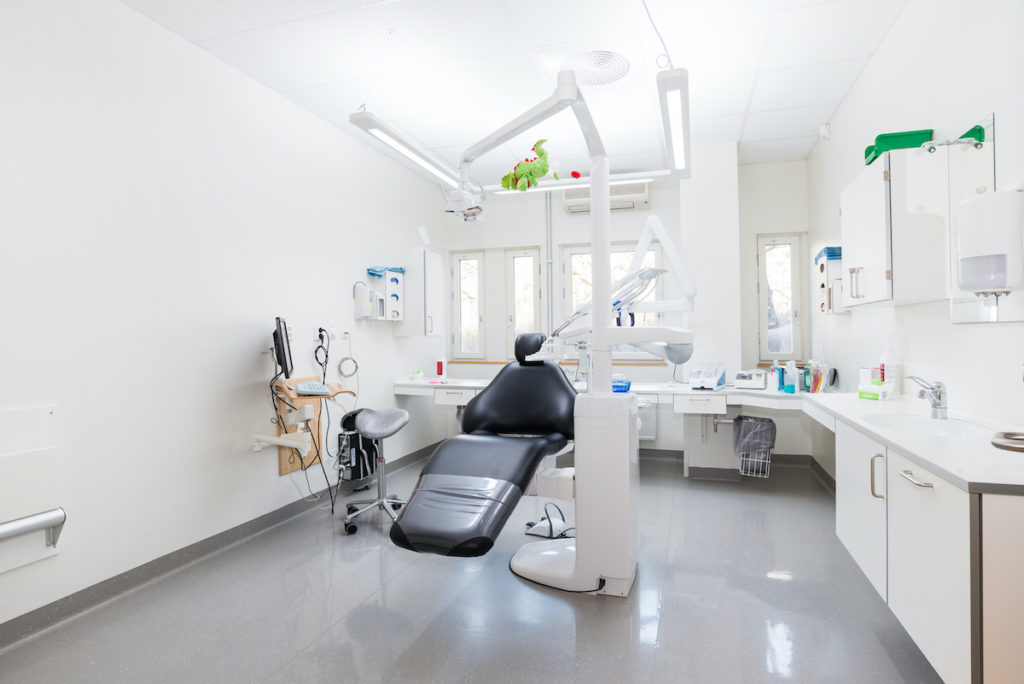For a lot of young adults, keeping your teeth clean, orderly, and in good condition helps them through their professional life. It’s no wonder why regular visits to the dentist are standard among aspiring young business people. But for most of these entrepreneurs, there’s one rite to adulthood that will eventually come: wisdom tooth removal.
If you’re dreading on that day that you might need to get your erupting tooth pulled out, we’re here to hold your hand through the process and erase any fears that you might have. Contrary to what most people think, tooth extraction and root canal treatment aren’t that bad. You might not even need to get it pulled out.
Medical practitioners and professionals value the physical and emotional health of their patients. Here is a guide to answering much-needed questions regarding the removal of your third molars.
Is It Necessary to Remove It?
There are different factors that your dentist will have to consider right before deciding on removing your erupting tooth. If you’re in your adult years and you’re wondering why you haven’t grown your third set of molars just yet, that’s because not everyone is born with wisdom teeth. Third molars are usually missing in a large percentage of adults. That’s right; some young adults won’t have to go through the process of having their wisdom tooth pulled out.
But if a wisdom tooth is forming through your early adulthood, you may be in the clear if certain factors are met. The third molars of your teeth won’t need to be removed if they meet the following criteria:
- Completely healthy
- Correctly positioned where it can function well
- Routinely cleaned, brushed, and flossed

How Do We Know If a Problem Exists?
However, most X-rays show that your tooth won’t have room to grow on, which can open up a whole can of worms. While some third molars will erupt vertically, some might grow horizontally through your gums. So when is it necessary for them to be removed?
If your erupting tooth is causing these problems, then they might be a candidate for removal:
- Abnormal emergence
- An impacted tooth in the jaw
- Partial emergence in the gums
- Overcrowded teeth
Are you worried? Remember that your periodontist put a lot of care and thought on whether you should have your third molars removed. You shouldn’t have to think about it too much.
What to Expect After Your Tooth Extraction
Different reasons make post dental care necessary. After your operation, there are several things you should expect.
- Pain – Pain will always be part of the aftercare process. If you’re nervous about the wisdom tooth removal operation, you don’t have to worry since you will be given non-steroidal pain relievers that will keep the pain in check. After the procedure, using ice and medically-prescribed medication is recommended to numb the pain. After a few days, the pain will subside. After two weeks, the pain will be nominal.
- Infections – Although this is a rare occurrence, it can still happen. Our mouths are filled to the brim with microorganisms, especially bacteria, that are waiting for the right moment. If you’re scared, take note that out of all recorded cases of dental operations, only 6% have gotten an infection. That’s pretty rare, but it could still happen if you don’t practice proper dental hygiene and post-dental procedures after your operation.
- Abscesses – Usually, pus is formed when your dead tissue is trapped during the healing process. If that is the case, your dentist can drain out the pus and provide you with medicine.
- Dry Sockets – Just like infections, this condition is quite rare. Although it can be painful, dentists are equipped with chemical solutions that can remedy this problem.
More importantly, continuously going to your periodontists even after your tooth extraction operation can help mitigate these scenarios from happening. These conditions might seem painful and scary, but rest assured medical professionals in your clinic have been training for years to make sure that they do not occur or that they can be addressed.
Medical professionals, such as dentists, want to be as transparent with you with how the process works. Now that you can set your expectations, you will be fully aware of what will happen while being mentally prepared. If you’re someone who doesn’t have a high tolerance to pain, most periodontists administer a dose of pain relievers to help you cope with the pain. Remember to take this information with a grain of wisdom whenever you go to your dental clinic.
